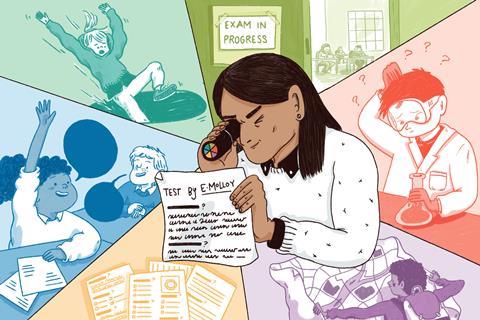Getting an MBBS degree from a foreign country is still an excellent choice because of the quality of education and exposure those international medical universities provide, which makes studying MBBS in abroad an appealing option for medical aspirants around the world now, as it is being said that there are both sides of a thing, positive and negative as well. Just like that, studying abroad also has some disadvantages as well. In this blog post, we will understand the disadvantages of studying mbbs in abroad.
Disadvantages of Studying MBBS in Abroad
While studying MBBS abroad has many advantages, it is important to be aware of the potential drawbacks. Below are some disadvantages of pursuing an MBBS course overseas for Indian students.
Cultural and Language Barriers
Studying MBBS abroad requires academic transformations and adaptation to a new cultural and language context. For many Indian students, cultural adjustment and language hurdles are the most significant disadvantages of studying MBBS overseas. This adjustment period can have an influence on both personal well-being and academic achievement, making it a substantial barrier to overcome.
Recognition of Degrees
One of the most significant factors to remember before enrolling in an MBBS programme abroad is whether the degree will be recognized in India. The Medical Council of India (MCI) and the National Medical Commission do not recognise all international medical degrees. This means that despite spending time and money on overseas studies, students might experience difficulties after returning to India to practice medicine.
Higher Fees or Living Financial Strain
While the cost of study may be lower in certain countries than in India’s private medical colleges, living expenses, travel, and other hidden expenditures can quickly accumulate. Students and their families may face a tremendous financial load, mainly if scholarships or financial help are unavailable. Countries that provide expensive education include MBBS in Hungary, which is on the higher side.
Climate and Lifestyle Differences
The weather and lifestyle in a foreign nation may differ significantly from what students are used to in India. Extreme weather conditions, various eating habits, and other social standards might be difficult to adjust to, affecting a student’s health and well-being.
Homesickness
It is one of the things which many of us do not mention, but living far away from home can be difficult, particularly for young students who are separated from their families and friends for the first time. Homesickness, loneliness, and the stress of adjusting to a new environment can have a negative impact on mental health. A strong support structure is crucial for students dealing with these emotions.
Choosing Your University
It’s always important to find an institution that will provide you with as much clinical experience as possible. It’s important to assess their emphasis on both practical experience and academic understanding. One such recommended university is Andijan State Medical Institute in Uzbekistan, which has it all for international students.
Conclusion
Although there are numerous benefits to studying MBBS overseas, it’s crucial to be aware of any potential disadvantages as well. These include cultural and linguistic limitations that might have an influence on personal well-being and academic progress, the uncertainty of degree recognition in India, financial hardship from greater living costs, and the emotional difficulties of homesickness and adjusting to a new environment. Furthermore, differences in medical practices and the need for additional licensing tests complicate pursuing an MBBS course abroad for Indian students.



